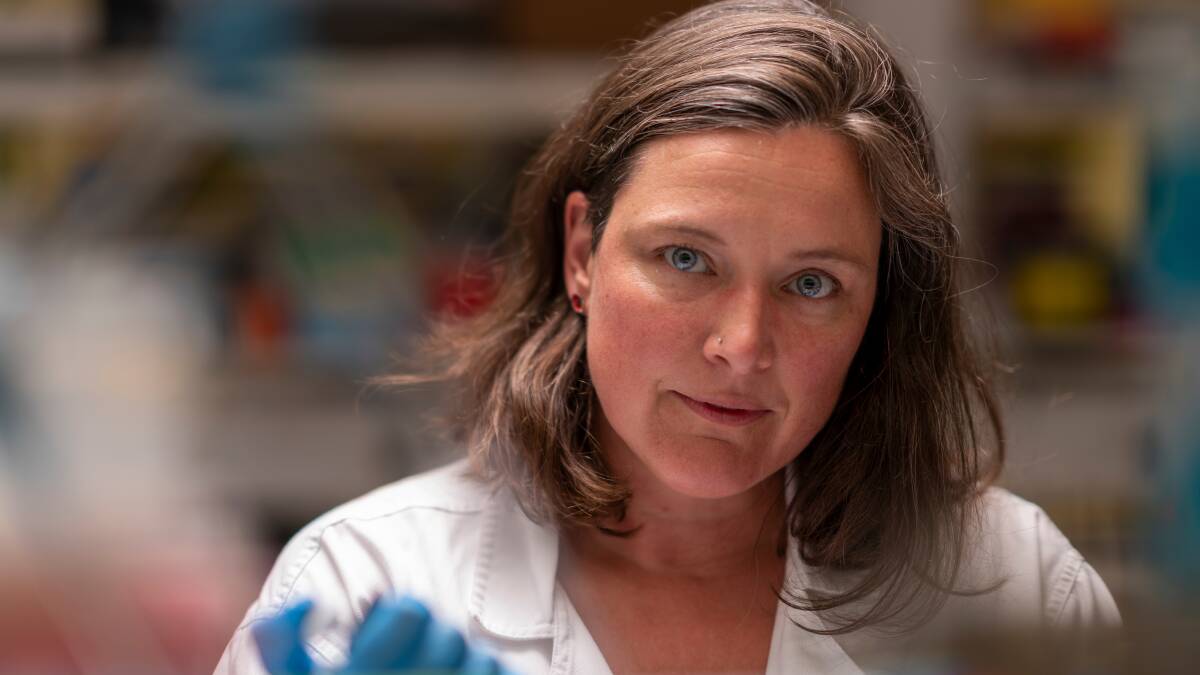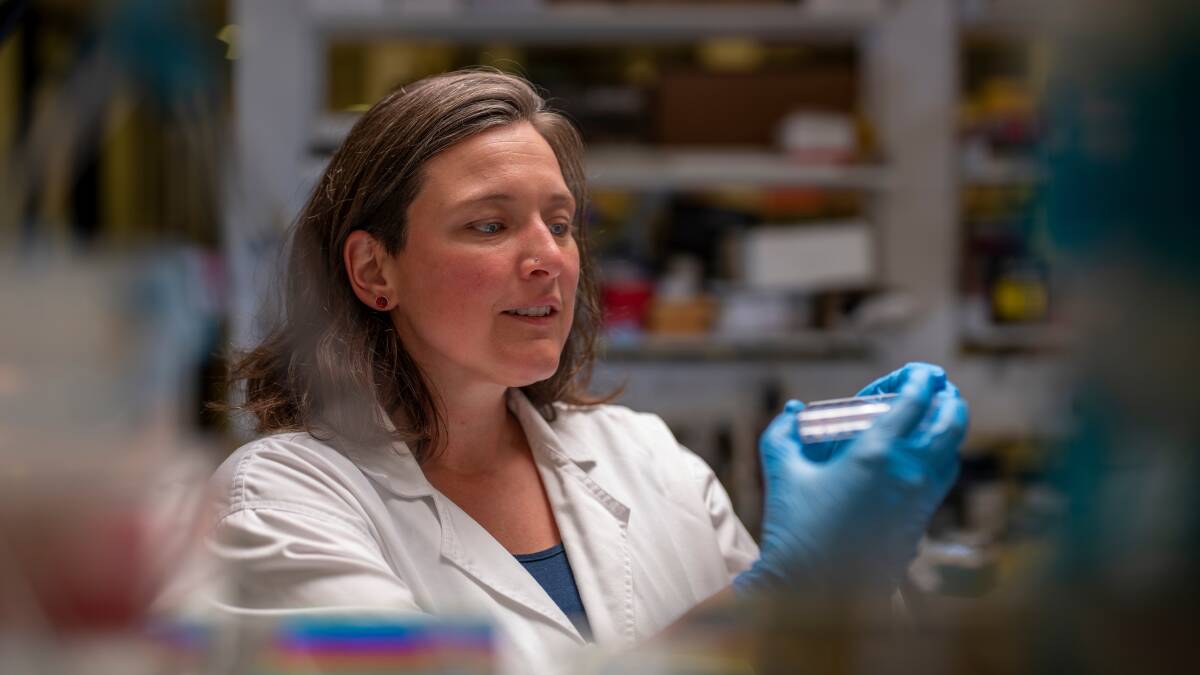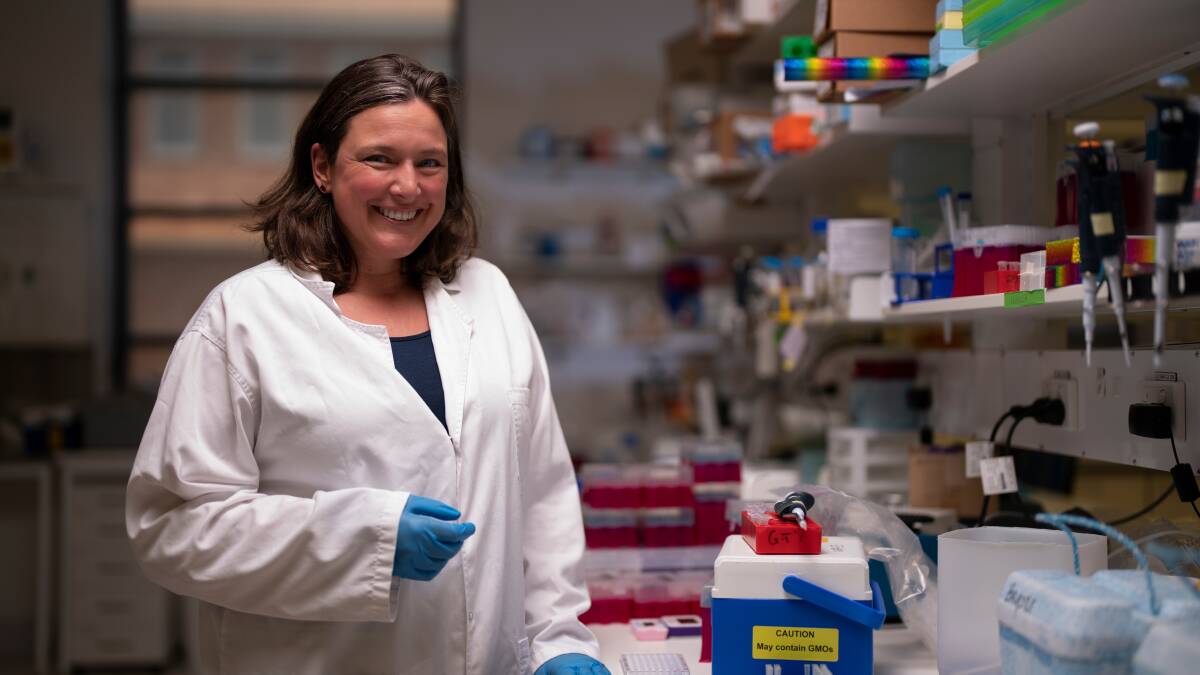
ANU researchers believe they may have found a drug which could help multiple sclerosis sufferers.
Scientists said they have worked out why certain cells in the body, known as Th17 cells, promote the onset of autoimmune diseases.
A study outlining a new finding, which was a collaboration between the ANU, the University of Queensland and Johannes Gutenberg-University Mainz in Germany, has been published in Nature Communications.
Researchers have discovered a previously unknown side effect of neutrophil extracellular traps (NETs), which make TH17 cells "stronger and more dangerous".
NETs are produced by a subset of white blood cells called neutrophils. They capture and kill bacteria and are designed to protect the body from infection.

But ANU researchers say the NETs, which are similar in appearance and function to spider webs, have a "dark side".
Th17 cells are normally beneficial because they defend the body against bacterial and fungal infections, but when over-activated, they can cause serious inflammation.
Th17 cells are responsible for promoting autoimmune diseases, including multiple sclerosis.
Lead author Dr Alicia Wilson, from the Johannes Gutenberg-University Mainz in Germany, said the new research could lead way to new therapies to help people with auto-immune diseases.
"This discovery is significant as it provides a novel therapeutic target to disrupt these harmful inflammatory responses," she said.

"It opens the doors to the development of new therapies targeting this harmful NET-Th17 interaction, hopefully improving treatments for MS and other autoimmune conditions in the future."
ANU's Associate Professor Anne Bruestle said a drug originally designed to treat sepsis could be used to target the bad Th17 cells and help patients with MS better manage their condition.
"While we cannot prevent autoimmune diseases such as MS, thanks to these types of therapies we hope to treat the condition and make it more manageable," she said.
The sepsis drug was developed by ANU Professor Christopher Parish.
"Our histone-neutralising drug, mCBS, which was developed to treat sepsis, may also be able to inhibit the undesirable effects of NETs which are linked to driving MS," he said.








